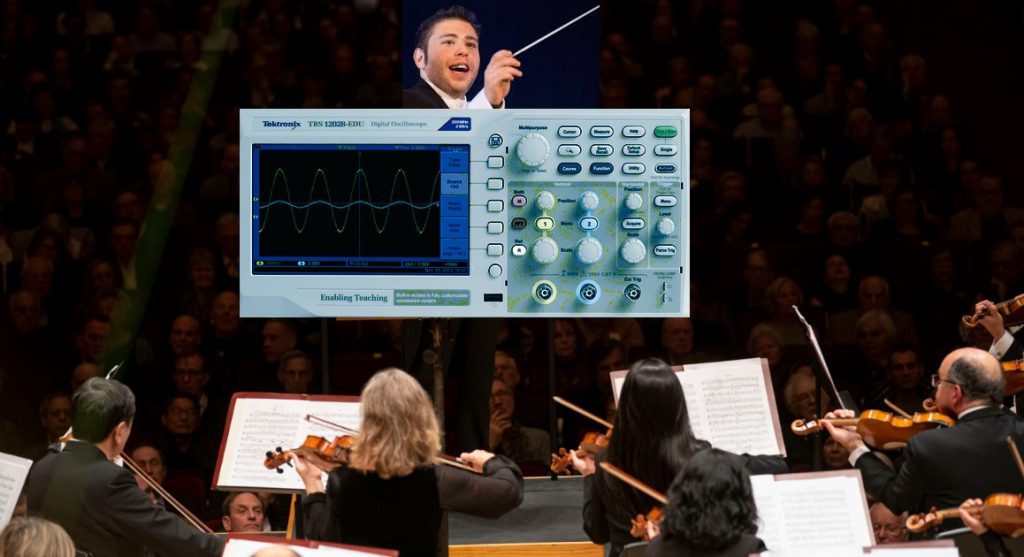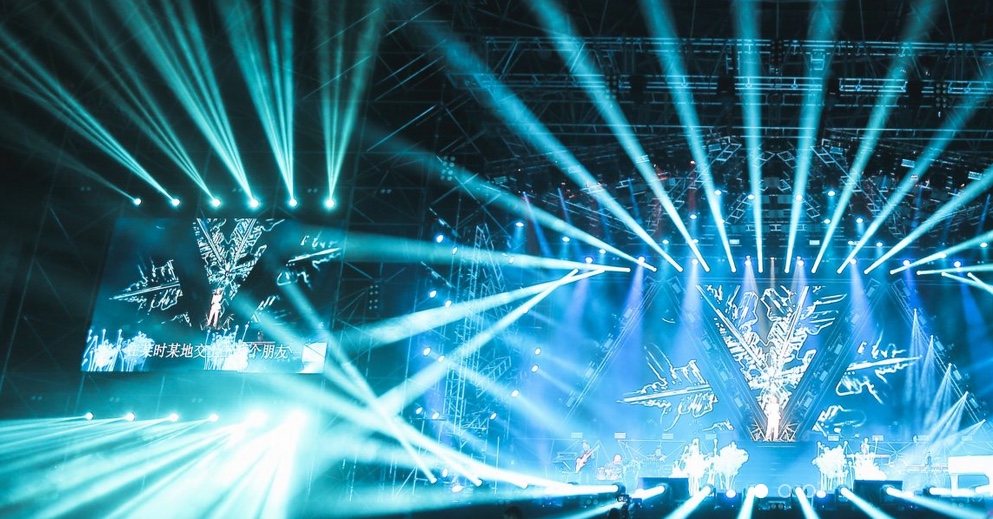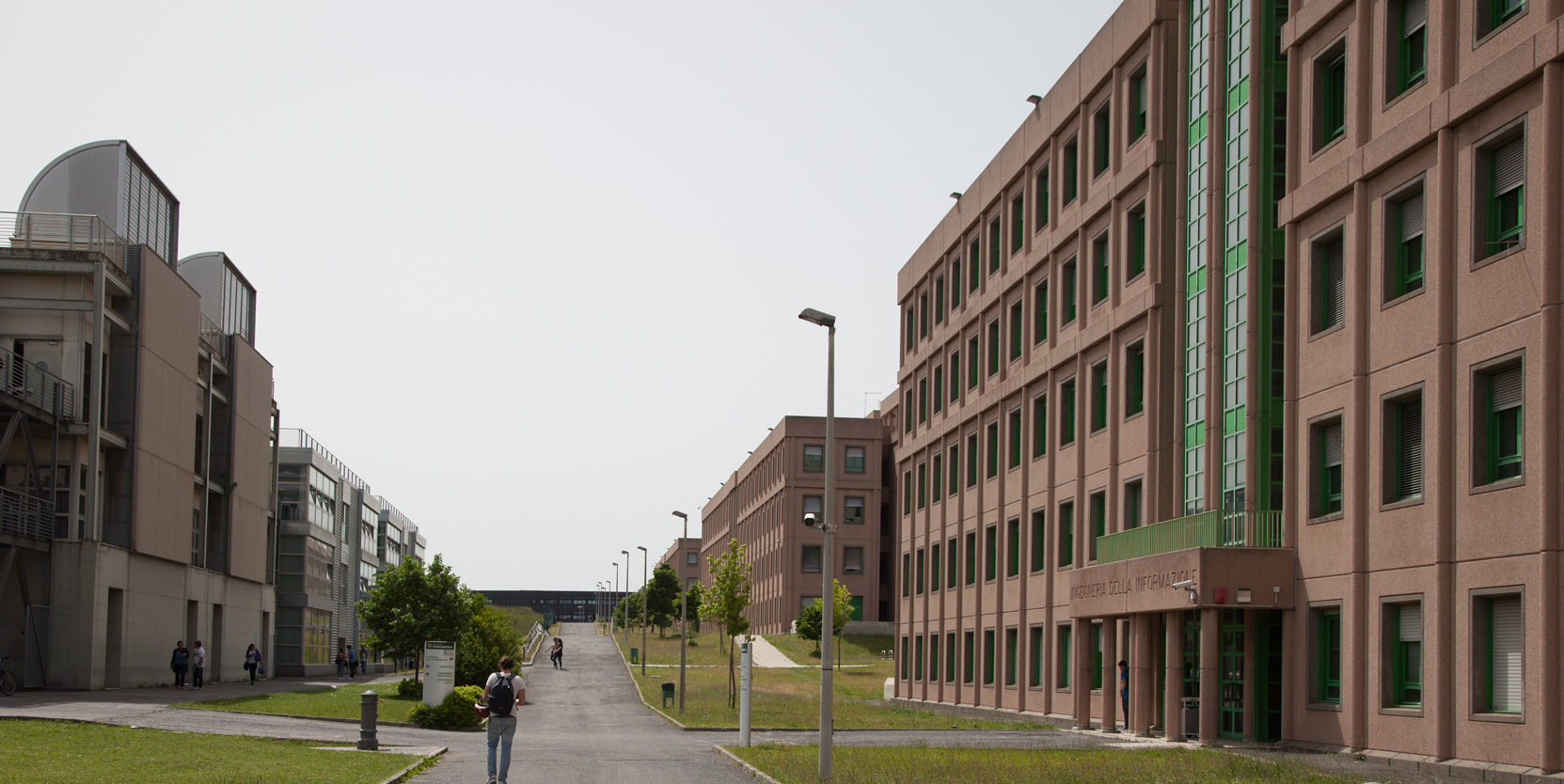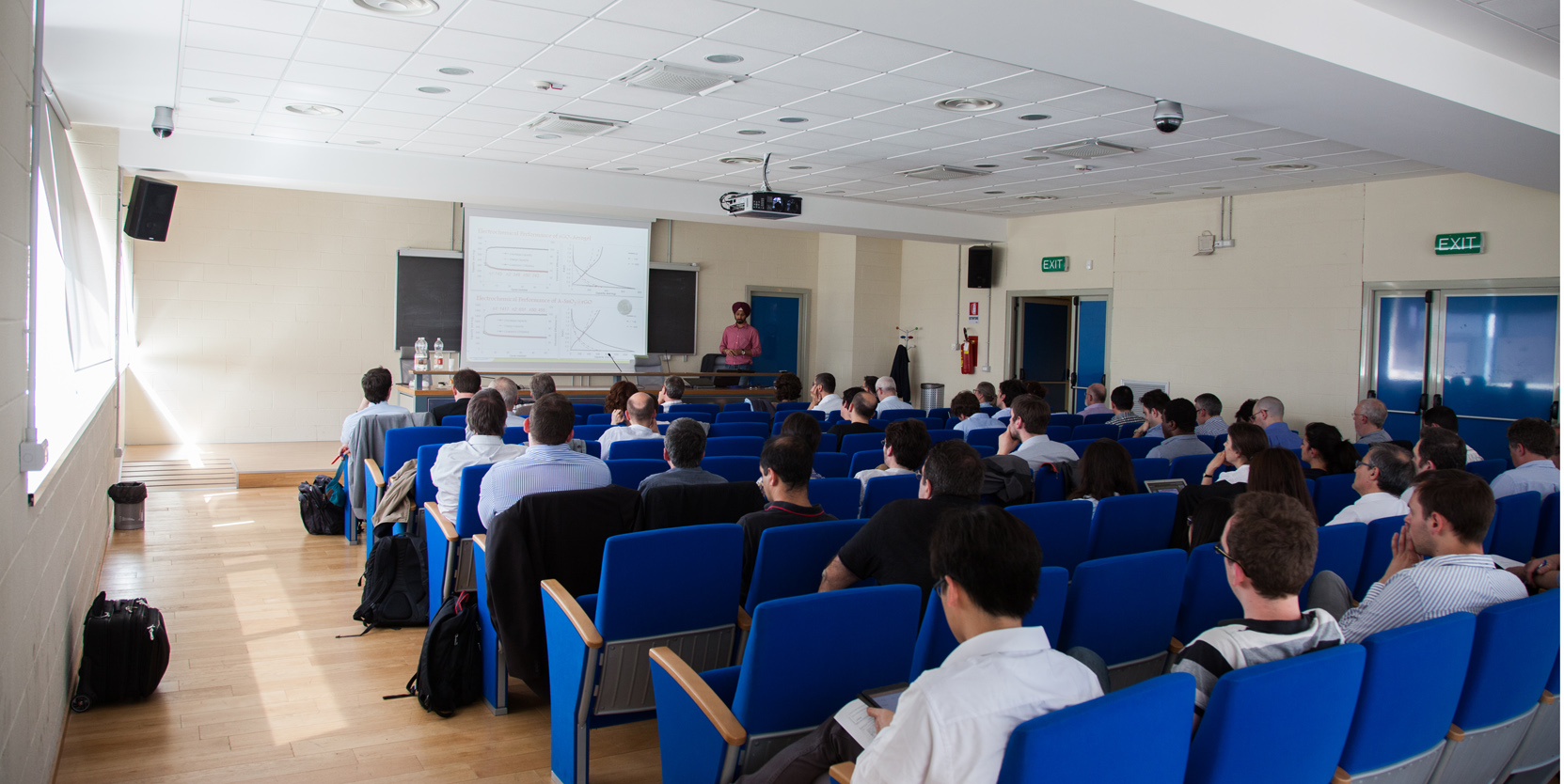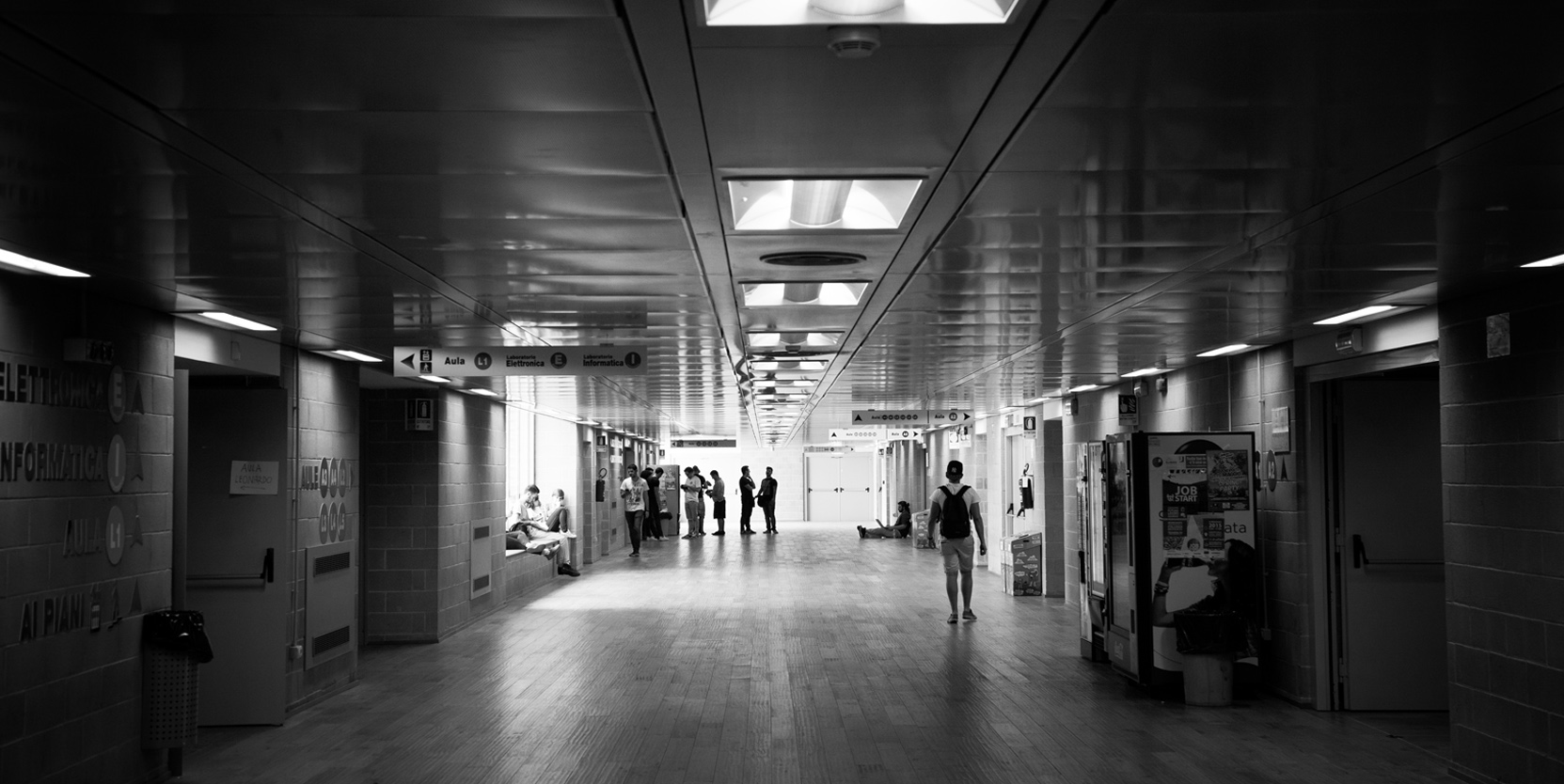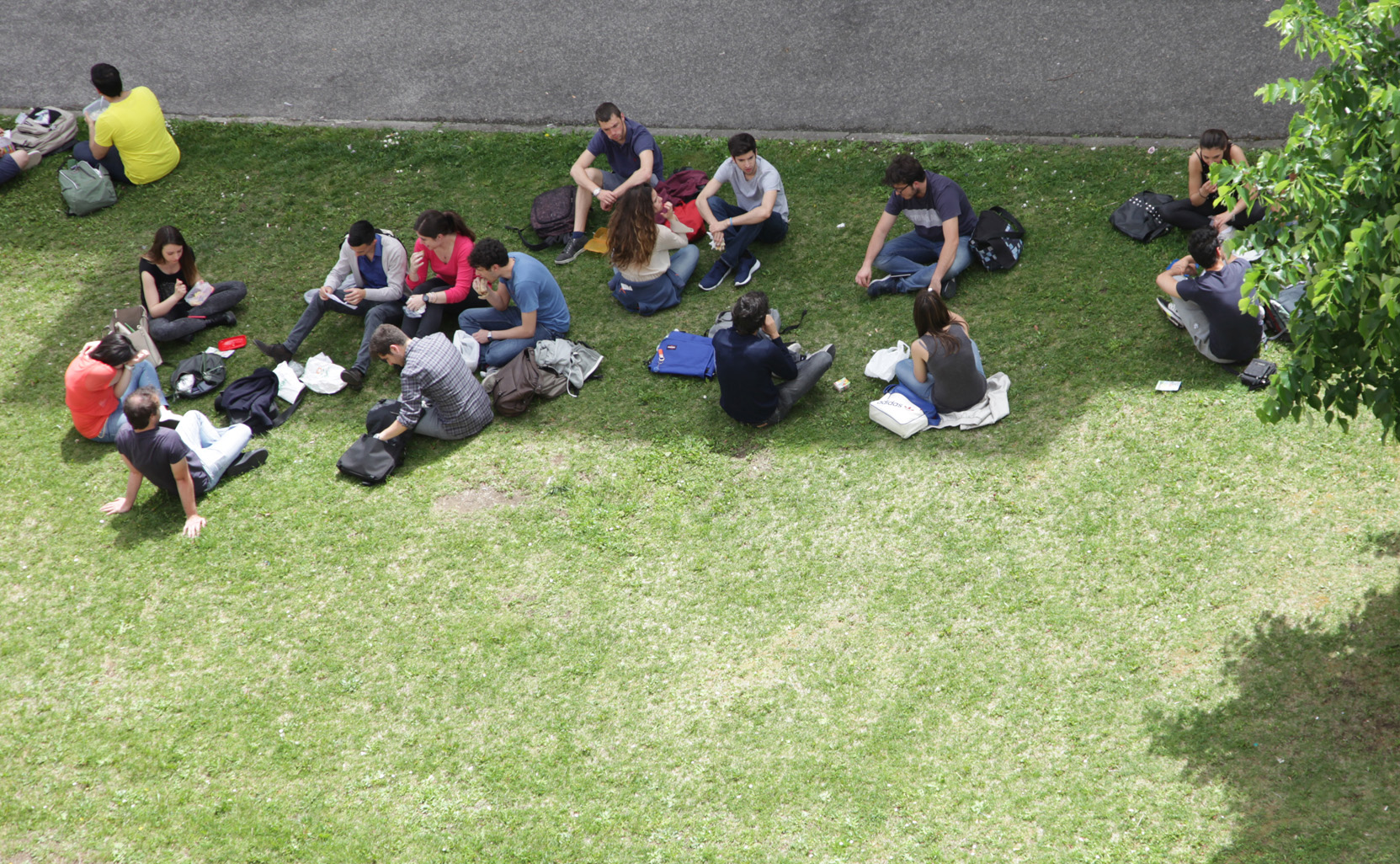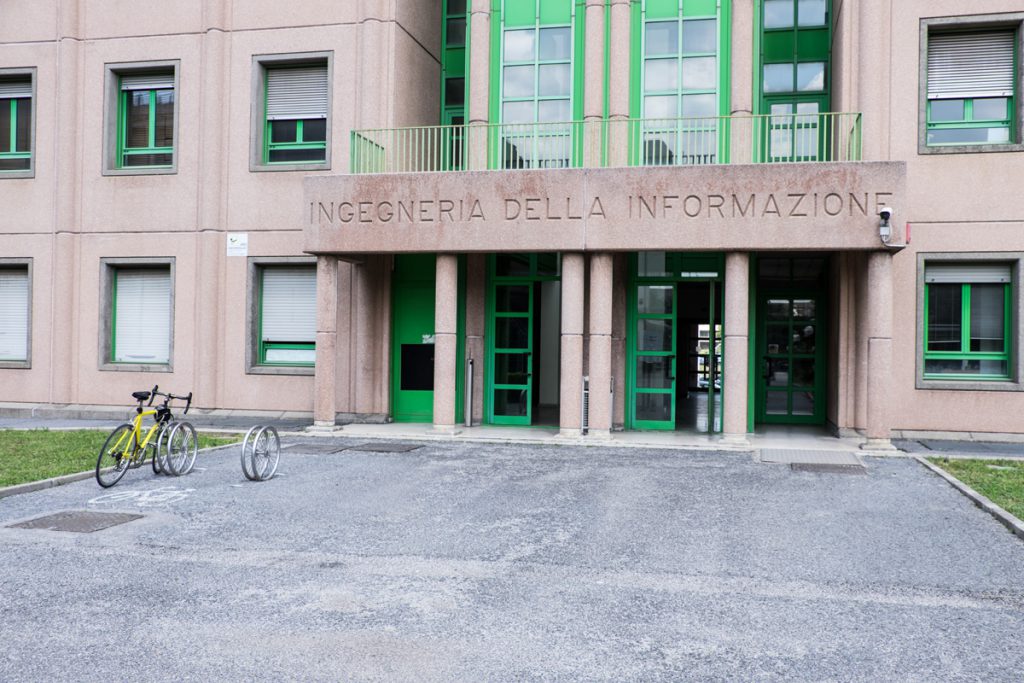 Prende il via il 29 gennaio una serie di seminari organizzati dal prof. Gaspare Galati del dipartimento di Ingegneria Elettronica, per la Ph.D. School in Electronic Engineering.
Prende il via il 29 gennaio una serie di seminari organizzati dal prof. Gaspare Galati del dipartimento di Ingegneria Elettronica, per la Ph.D. School in Electronic Engineering.
Qui di seguito il calendario, l’abstract degli argomenti e le bio dei relatori
29/01 – Learning in the 5G Edge Cloud
4/02 – Animal Monitoring by Wireless Sensor Network with Experiments in Galapagos (Ecuador)
28/02 – The Redefinition of the International System of Units
Mercoledì 29/01 dalle ore 15:00 alle ore 17:00 presso l’Università degli Studi di Roma TOR VERGATA Facoltà di Ingegneria – Via del Politecnico, 1 – Aula B15 – Nuovo Edificio Didattico
Il Prof. Sergio Barbarossa di Sapienza università di Roma terrà un seminario organizzato dal Prof. Gaspare Galati per la Ph.D. School in Electronic Engineering – DIE – Tor Vergata University su:
Learning in the 5G Edge Cloud
Abstract: In this talk, we will start reviewing the basic motivations and enabling technologies underlying 5G networks. Then we will focus on the mobile edge cloud architecture and motivate the need for a holistic view of communication, computation and caching to meet stringent service delay constraints. We will present adaptive computation and communication scheduling mechanisms based on stochastic optimization, running in an environment affected by various sources of uncertainty. Finally, we will present various learning techniques, with a specific attention to methods based on topological representations able to capture multiway relations among the data.
Sergio Barbarossa:
Sergio Barbarossa is a Full Professor at Sapienza University of Rome and a Senior Research Fellow of the Sapienza School for Advanced Studies. After graduating at Sapienza Univ. of Rome, he worked with Selenia SpA from 1984 to 1986. He has held several visiting positions at the Environmental Research Institute of Michigan (’88), Univ. of Virginia (’95, ‘97), Univ. of Minnesota (’99). He is an IEEE Fellow, a EURASIP Fellow and he served as an IEEE Distinguished Lecturer. He received the 2010 Technical Achievements Award from the EURASIP society for his contributions on radar, communication and networks. He won the IEEE Best Paper Awards from the IEEE Signal Processing Society for the years 2000 and 2014. He has been the scientific coordinator of several European projects on wireless sensor networks, small cell networks, and distributed mobile cloud computing. He is currently one of the PI’s of the H2020 EU/Taiwan Project 5G-Conni, targeting the development of 5G private networks for Industry 4.0. His research interests include topological signal processing, graph-based machine learning algorithms, stochastic optimization, 5G networks and mobile edge computing.
il Dr. Pierpaolo Loreti, il Dr. Lorenzo Bracciale, il Dr. Gabriele Gentile
dell’Università degli Studi di Roma TOR VERGATA terranno un seminario organizzato dal Prof. Gaspare Galati per la Ph.D. School in Electronic Engineering – DIE – Tor Vergata University il giorno martedì 4/02 dalle ore 14:00 alle ore 16:00 presso l’Università degli Studi di Roma TOR VERGATA Facoltà di Ingegneria – Via del Politecnico, 1 – Aula B15 – Nuovo Edificio Didattico su:
Animal Monitoring by Wireless Sensor Network with Experiments in Galapagos (Ecuador)
Abstract: The design of wireless sensor nodes for animal tracking is a multidisciplinary activity that presents several research challenges from both technical and biological point of views. A monitoring device has to be designed accounting for all system requirements including the specific characteristics of animals and environment. In this talk we present some aspects of the design of the wireless sensor node to track and monitor the pink iguana: a recently discovered species living in remote locations at the Galapagos Islands. The few individuals of this species live in a relatively small area that lacks of any available communication infrastructure. We present and discuss the energy harvesting architecture and the related energy management logic. We also discuss the impact of packaging on the sensor performance and the consequences of the limited available energy on the GPS tracking. We also present the new results coming from 20 devices installed on wild pink and yellow Iguanas in September 2019 and whose operation is planned for one year.
Pierpaolo Loreti:
Pierpaolo Loreti is Researcher in Telecommunications at the University of Roma Tor Vergata. Since 2006 he has been a Researcher of the Dep. of Electronic Engineering and an Adjunct Professor at the Internet Engineering Course at the University of Rome Tor Vergata. Since 1998 he has worked on several European and national projects performing research and coordination activities. His research activity spans different topics in the areas of wireless and mobile networks, IoT systems and platforms, framework design, analytic modelling, performance evaluation through simulation and test-bedding.
Lorenzo Bracciale:
Lorenzo Bracciale, Ph.D. is a Researcher at the University of Tor Vergata since June 2013 in the Department of Electronic Engineering where he currently teaches “Computer Science Fundamentals”. He published his works on more than 22 international peer-reviewed conferences, 6 journals, and wrote three book chapters. He served as a reviewer on many conferences and journals, among which “Transactions on wireless communications” and “Transaction on Networking”. His current research interests are in the field of IoT systems and data privacy.
Gabriele Gentile:
Gabriele Gentile received his Ph.D. degree “with distinction” in evolutionary biology in 1994. From 1998 to 2003, he was at the Osborn Memorial Laboratory of Yale University, New Haven, CT, USA. Since 2003, he is based at the Department of Biology, University Tor Vergata, Rome, Italy. He is Member of IUCN, Iguana Specialist Group, and a Council Member of the Italian Society for Evolutionary Biology. He is interested in molecular phylogeny and phylogeography, molecular evolution, population genetics, conservation genetics, ecology and evolution of underground communities, and island biogeography. Since 2003, he has been the head of an international and multidisciplinary project for the study of the evolution and conservation of land iguanas in Galapagos Islands (Ecuador) in partnership with the Galápagos National Park and in collaboration with several Italian and foreign institutions.
Venerdì 28/02 dalle ore 10:00 alle ore 12:30 presso l’Università degli Studi di Roma TOR VERGATA Facoltà di Ingegneria – Via del Politecnico, 1 – Aula B15 – Nuovo Edificio Didattico
Il Dr. Luca Callegaro
dell’ Istituto Nazionale di Ricerca Metrologica (INRIM) terrà un seminario organizzato dal Prof. Gaspare Galati per la Ph.D. School in Electronic Engineering – DIE – Tor Vergata University su:
The Redefinition of the International System of Units
Abstract: The International System of units (SI) is the basis of modern day measurements. In the SI currently in force, base units are defined in very different ways; the kilogram is defined as the mass of a single object, the international prototype – a cylinder of platinum-iridium alloy manufactured in 1889. The prototype is unique, at risk of damaging, nearly inaccessible (only about every 40 years) and there is some evidence of a change in its mass. On 16 November 2018 the General Conference of Weights and Measures has approved a major redefinition of the SI. All the seven base units are defined in terms of a fundamental constant of nature, which will have an exact value. It will be possible to realize the units everywhere and every time, by probing with experiments these fundamental constants. Electrical units are defined in terms of the elementary charge e and the Planck constant h; it will be possible to realize the volt, ohm and ampere by quantum experiments in solid-state devices. The kilogram, redefined in terms of the Planck constant h, is realized by counting atoms in a silicon sphere, or linking it to the quantum realization of the electrical power unit, the watt. The redefinition entered into force on May 20th, 2019.
Luca Callegaro:
Luca Callegaro holds a degree in Electronic Engineering (1992) and a Ph. D. in Physics (1996), both from Politecnico di Milano. He joined the Istituto Nazionale di Ricerca Metrologica, INRIM in Torino in 1996. His research interests are focused on electrical impedance; he is responsible of the Italian National standards of electrical impedance. He is chairman of the Technical Committee for Electricity and Magnetism (TC-EM) of EURAMET, the European Association of National Metrology Institutes. He is author of over 90 papers on international reviews and of the book “Electrical impedance: principles, measurement and applications”.

